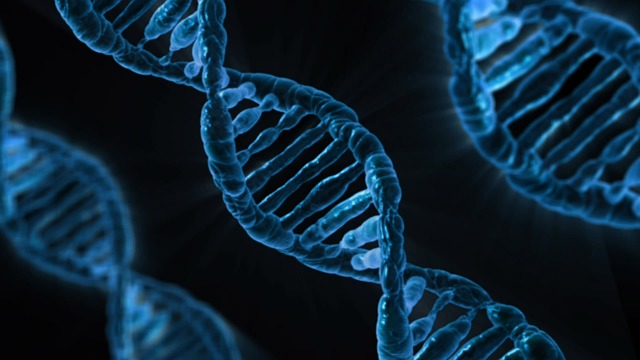
I was born with a servant gene as were my mother and father before me and my siblings beside me. We have met and married other genetic servants and produced children with the same gene.
What does it mean to have the servant gene?
It means that helping others is as instinctive and integral to our being as being right- or left-handed. It means always putting our hand up when volunteers are sought. It means always looking for ways to relieve another’s burden. It means always seeking ways to be of assistance to others whether near or far, loved ones or strangers.
Why do you do it?
Not for gain, that is certain. A quid pro quo or obligation to repay never enters a genetic servant’s head when offering a service. Indeed, the very act of serving, the satisfaction that brings, is our payment. Any offer of reward or payment for service is viewed with embarrassment.
Do you ever tire of it?
No. Never. We may feel tired, as we are often trying to meet many demands, unable to say no to any request, but we never tire of it. In fact, it is often the opposite. A request for help from a friend and the ability to then fulfil that request is likely to be the highlight of the day and leave us in a positive state of mind for the rest of the week.
What are the downsides?
It’s true that we can become over-stretched as we try to meet as many demands as possible. This does not lead to resentment at the imposition but only sadness that we are not fulfilling our full service by being an effective servant to all who need us. Some people do not understand the mindset of a person with the servant gene and will reject assistance or refuse to ask for help for fear of imposing. This also makes us sad because being of service is what fills our hearts and souls with happiness.
How do children exhibit the servant gene?
They are always the ones to attend events to support their school, club, a charity or friends. They take on the bulk of the grunt work in group projects. They make friends with the otherwise friendless kids and invite them to their birthday parties. They stay behind to help clean up. They always help when asked and offer help unprompted.
How do I know if I have the servant gene?
Are you always looking for ways to help, especially when attending events? Do you usually find yourself in the kitchen doing the dishes or staying behind to help clean up? Do you notice when your friends may need help and offer a practical way to be of assistance? Are you always on the lookout for ways to participate in events to raise money for charities or awareness of important social issues? Most of all, does doing these things bring you great joy and satisfaction?
I used to sometimes think that I was cursed with the servant gene but I have come to know that it is indeed a blessing and that we are an important part of any tribe.
Do you have the servant gene? Is it a blessing or a curse for you?


